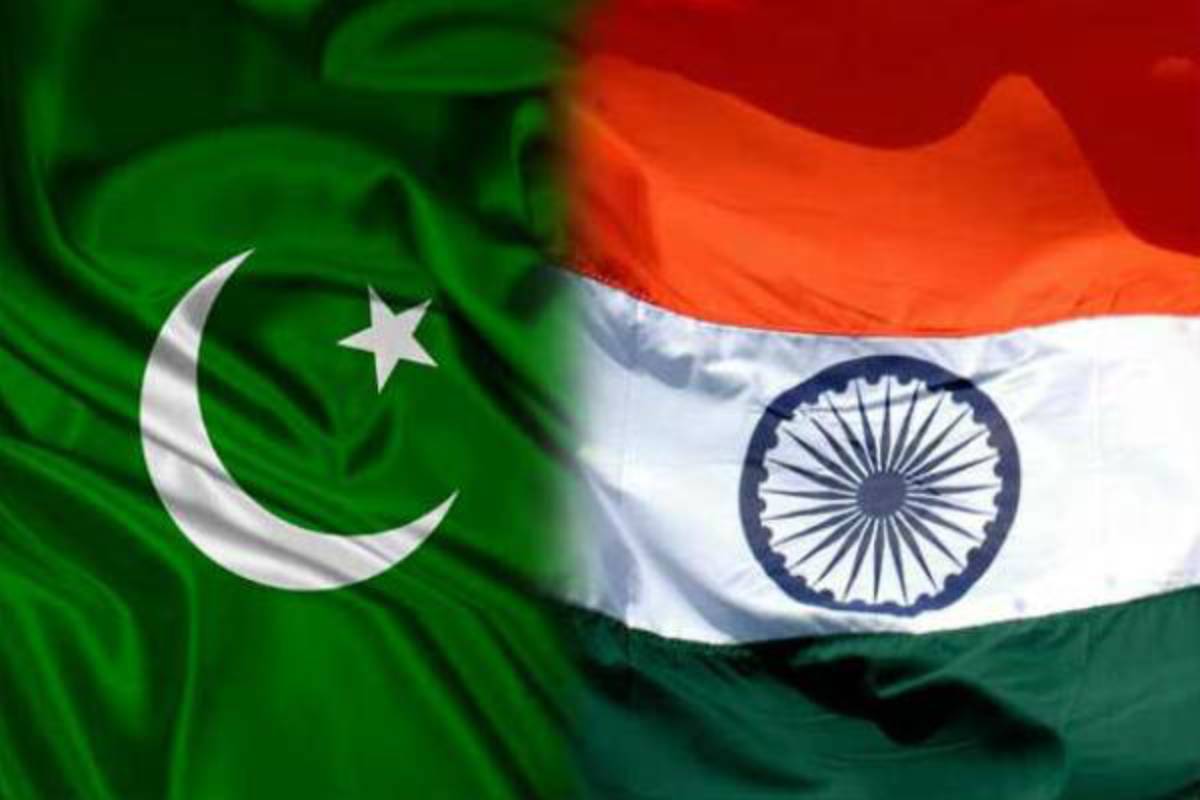Mexican President urges US to stop issuing human rights report
"It violates the sovereignty of any people, of any country, we are independent," Lopez Obrador told his daily press conference at the National Palace in Mexico City on Friday.
A commentary in Pakistan’s Dawn newspaper notes “Today, the power imbalance between Pakistan and India has rendered Pakistan almost irrelevant in India’s strategic calculus. A failing, fragmented state ~ if not a ‘twice failed state,’ as former diplomat Ashraf Jahangir Qazi puts it, begging the International Monetary Fund (IMF) for the revival of its deal is hardly a threat anymore to a rising giant like India.”

[Photo : SNS]
Well might Pakistan bristle at the US-India joint statement that asked Islamabad to crack down on terrorist groups which used its soil to target India, and describe it as “misleading and unwarranted”, but the country’s intelligentsia at least may be coming around to the view that the Indian position is intractable. If Islamabad wants to improve ties with New Delhi, it will have to do the heavy lifting, keep aside its objections to the repeal of Article 370, and seek a restoration of the trade ties that it had suspended unilaterally in 2019. The message that India will not budge from its position ~ talks and terrorism cannot go hand in hand ~ and that it will react with alacrity, even fury, at any mention of Kashmir, also appears to have sunk in.
A commentary in Pakistan’s Dawn newspaper notes “Today, the power imbalance between Pakistan and India has rendered Pakistan almost irrelevant in India’s strategic calculus. A failing, fragmented state ~ if not a ‘twice failed state,’ as former diplomat Ashraf Jahangir Qazi puts it, begging the International Monetary Fund (IMF) for the revival of its deal is hardly a threat anymore to a rising giant like India.” The commentator notes that Pakistan’s existential crisis has brought it within the ranks of Afghanistan, Burundi and Gabon in international indices, a galling realisation that has provoked former Pakistani diplomat Hussain Haqqani to suggest that the “smartest move” for his country would be to reach out to India, by implication on any terms that New Delhi may set. A thaw in relations would open up export markets for a deeply distressed Pakistan and create trade and tourism opportunities, he has argued. Speakers at a public hearing of Pakistan’s Standing Committee on External Affairs on “the present and future of India-Pakistan relations” last month appeared to have echoed many of these sentiments. Speakers accepted that expecting any flexibility by India towards Pakistan would be comical at this point of time, not the least because of their contrasting economic positions. India, the Pakistanis agreed, was the world’s fourth largest economy and had superpowers queuing up to court it, while Pakistan was for all intents a failed state.
“India won’t talk and it doesn’t matter if Pakistan does”, was one conclusion reached. There was also acceptance that Pakistan’s decision to suspend trade ties was a case of emotions trumping reason, and therefore a serious foreign policy failure. In essence, there is realisation across the border that Pakistan must first get its house in order, and become a significant stakeholder in the world economy if it is to be treated seriously by India. To do this, it will have to find a way to jettison “plutocratic governments governed by the power of wealth” and establish the rule of law. That may be easier said than done given the state of the country’s politics, with a shaky coalition joining hands with the military elite to put down a populist movement.
Advertisement
Advertisement